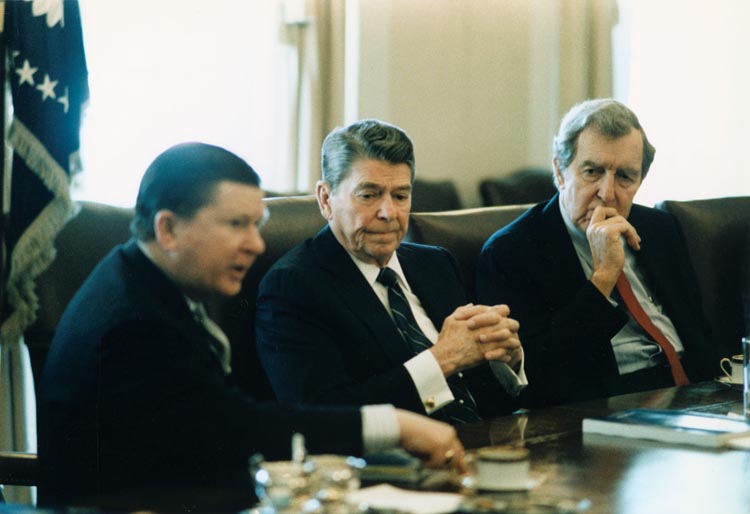Eltitoguay
Well-known member
NOTICE TO ALL THE COMMUNIST GRAFFITISTS ON MY STREET:
Let's see who the hell was the idiot, starting to graffiti slogans on a street in a humble working-class neighborhood, and to make matters worse on the facade of my little and humble house... And if it was a Bansky...

Banksy - Wikipedia
...Whoever sees graffiti on the wall again...
Poscript : ...you'll see how some cattails also sting here...
Last edited:



